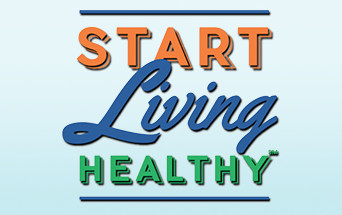What is Cancer?
Cancer is a large group of diseases characterized by uncontrolled growth and spread of abnormal cells. If the spread is not controlled, it can result in death. Cancer can be caused by external (chemicals, radiation, viruses), internal (hormones, immune conditions, genetics), and lifestyle (tobacco use, alcohol use, unprotected sun exposure, poor nutrition, physical inactivity) factors. Many cancers can be cured if detected and treated promptly, and many others can be prevented by lifestyle changes. Of the more than 12,000 cancer deaths in Hawaii between 2000 and 2005, it is estimated that nearly 30 percent could have been prevented by avoiding tobacco use and up to one-third (35 percent) could have been averted by improving nutrition and maintaining a normal body weight.
Who Gets Cancer?
Cancer is the second leading cause of death in Hawai‘i. Every year, more than 7,000 Hawaii residents are diagnosed with an invasive form of cancer and more than 2,000 residents will lose their lives from the disease. In Hawai‘i, the five most common cancers diagnosed in men are prostate, lung & bronchus, colon & rectum, melanoma of the skin, and bladder. In women, the most commonly diagnosed cancers are breast, lung & bronchus, colon & rectum, uterus/endometrium, and thyroid. Significant disparities exist as well. For example, Native Hawaiian women have higher rates of breast cancer than other population groups, and Native Hawaiian men are more likely to be diagnosed with prostate cancer at a later stage in the disease’s development. In Hawaii, related health care spending reaches upward of $500 million annually.



